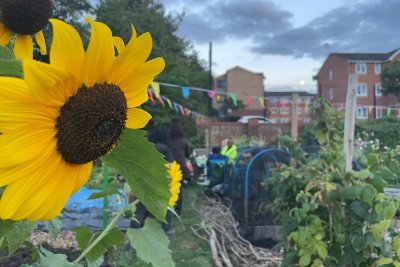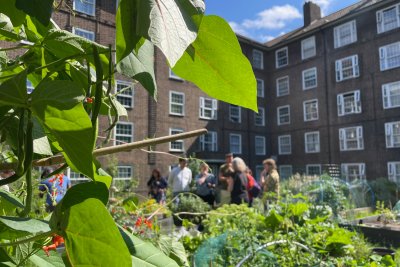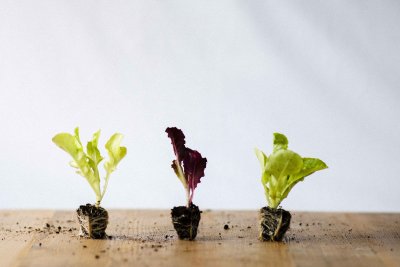A growing body of research suggests that rising consumption of meat and dairy is putting increasing pressure on land, water and the climate. Beef stands out for its high environmental impacts — beef uses 20 times more land and generates 20 times more greenhouse gas emissions than beans (per gram of protein). Beef also costs at least 3 times more than beans.
Shifting Diets, a major new report from the US-based thinktank the World Resources Institute, shows that when factoring in land use, the greenhouse gas emissions from people’s diets are almost on par with their energy use.
Vegetarian and vegan diets have much lower environmental impacts than the average American diet, but the WRI felt that it was unrealistic to think everyone would stop eating meat. It evaluated eight alternative diet scenarios and found the average American could cut their diet-related environmental impacts by nearly half just by eating less meat and dairy. Even small dietary shifts — like replacing beef with chicken or fish — can significantly reduce agricultural resource use and greenhouse gas emissions.
Read more about Sustain's work on climate-friendly farming here.
Sustain: Sustain The alliance for better food and farming advocates food and agriculture policies and practices that enhance the health and welfare of people and animals, improve the working and living environment, enrich society and culture and promote equity.







